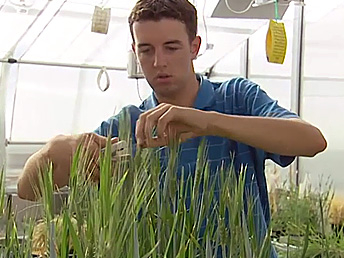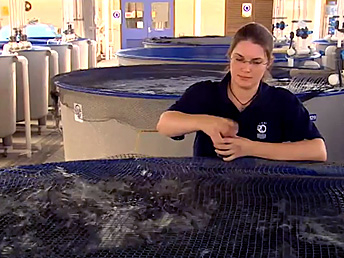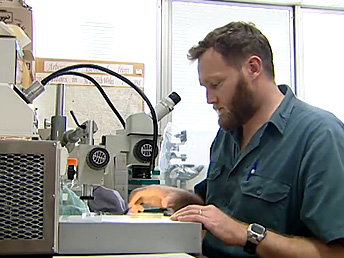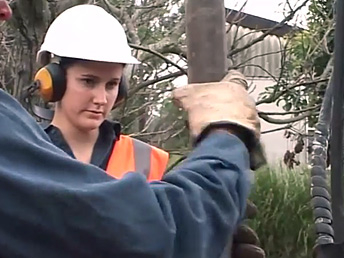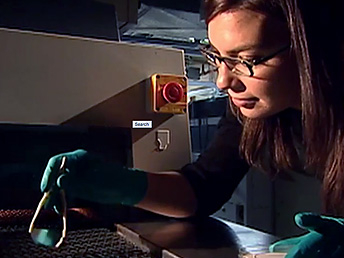
Astrophysicist
An astrophysicist focuses on finding out when the first galaxies appeared in the universe and what the stars were like in those galaxies.
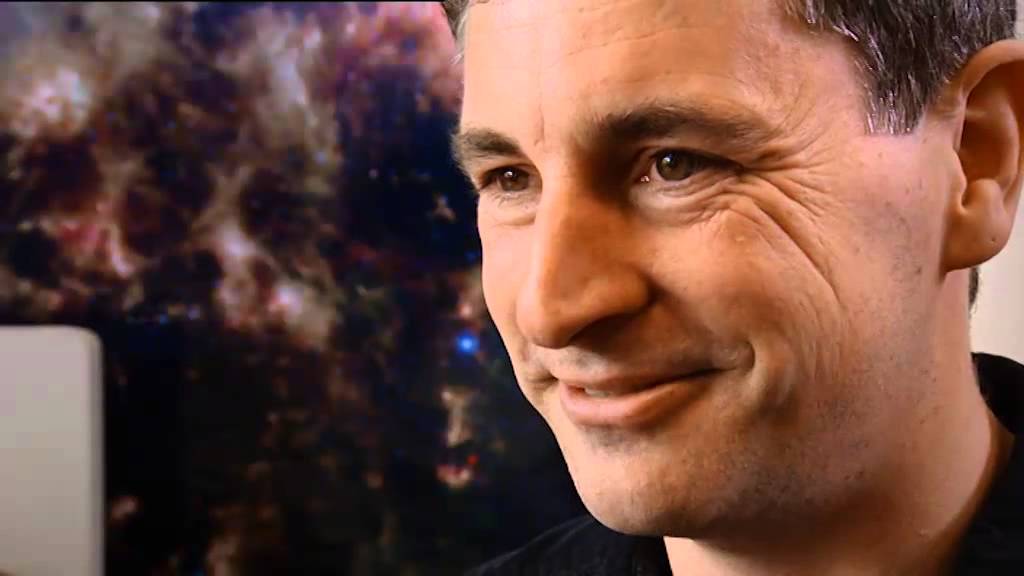

What the job looks like
Salary expectation
starts at $65,000 up to $120,000

The good
- Working with people who have similar interests
- Discovering new areas of research within the field
- Freedom and continual intellectual stimulation
The not so good
- Coming up with theories can take a long time
Astrophysics is a branch of astronomy that explores the physics of the universe. You have the exciting task of explaining how the universe works, how it was formed and investigating other plants or stars to see if they could support life.
You need good analytical skills and a strong imagination to work in this field. Comparing mathematical models and running computer simulations are part of working out how galaxies formed and how the universe has evolved.
Strong English skills are also important to help you communicate evidence or theories you come up with to colleagues or the general public.
Using the latest technologies and equipment is a major part of your role. You will get to work with telescopes so advanced they can capture images of exploding stars, right down to microscopes that analyse cosmic dust grains.
If you have a passion for physics or space and enjoy solving problems, then a career as an astrophysicist could be for you.
Freedom of thought, interesting problems and great people.

Pathways to this career
Subject suggestions for the HSC
Choosing your HSC subjects from this list could really help with your career. Think carefully about what you want to study after school as you might need to choose specific HSC subjects for that course and to count towards your ATAR (Australian Tertiary Admission Rank). An ATAR is your academic rank in relation to other HSC students and helps with University admission.
HSC subjects
Some subjects will count towards your ATAR, others will not. Check with your career advisor before making subject selections.
- English (Advanced or higher)
- Mathematics (2 unit or higher)
- Physics
- Chemistry
- Biology
- Information Processes and Technology
What can I do after I have finished school?
University degrees
Studying one of these degrees can help with your career.
- Bachelor of Science
Suggestions
Visit 'The Dish' or another radio telescope to get an idea of the variety of research being done in astronomy in Australia or check out The Astronomical Society of Australia
- Talk to people who share your interest, form a club, try and establish and maintain some contacts in the field - they might be able to pass down some advice or let you know when opportunities arise
- Think about where there are gaps in what we know about the universe – this could help narrow down a particular area you might want to study
- Go to career expos and events like university Open Days for information about what you will study
